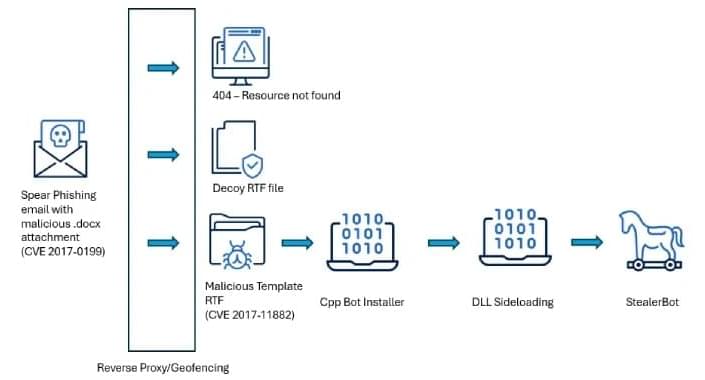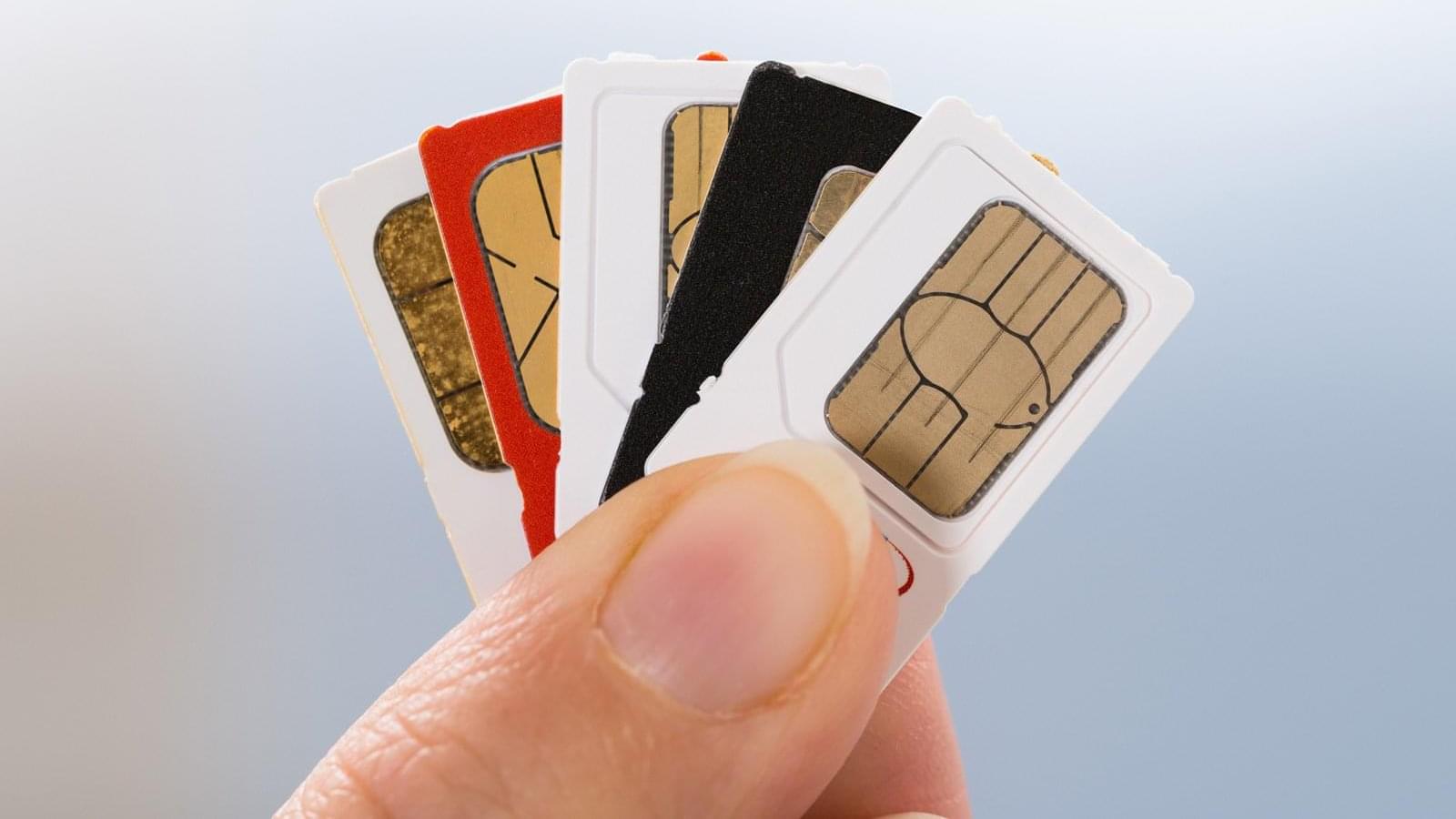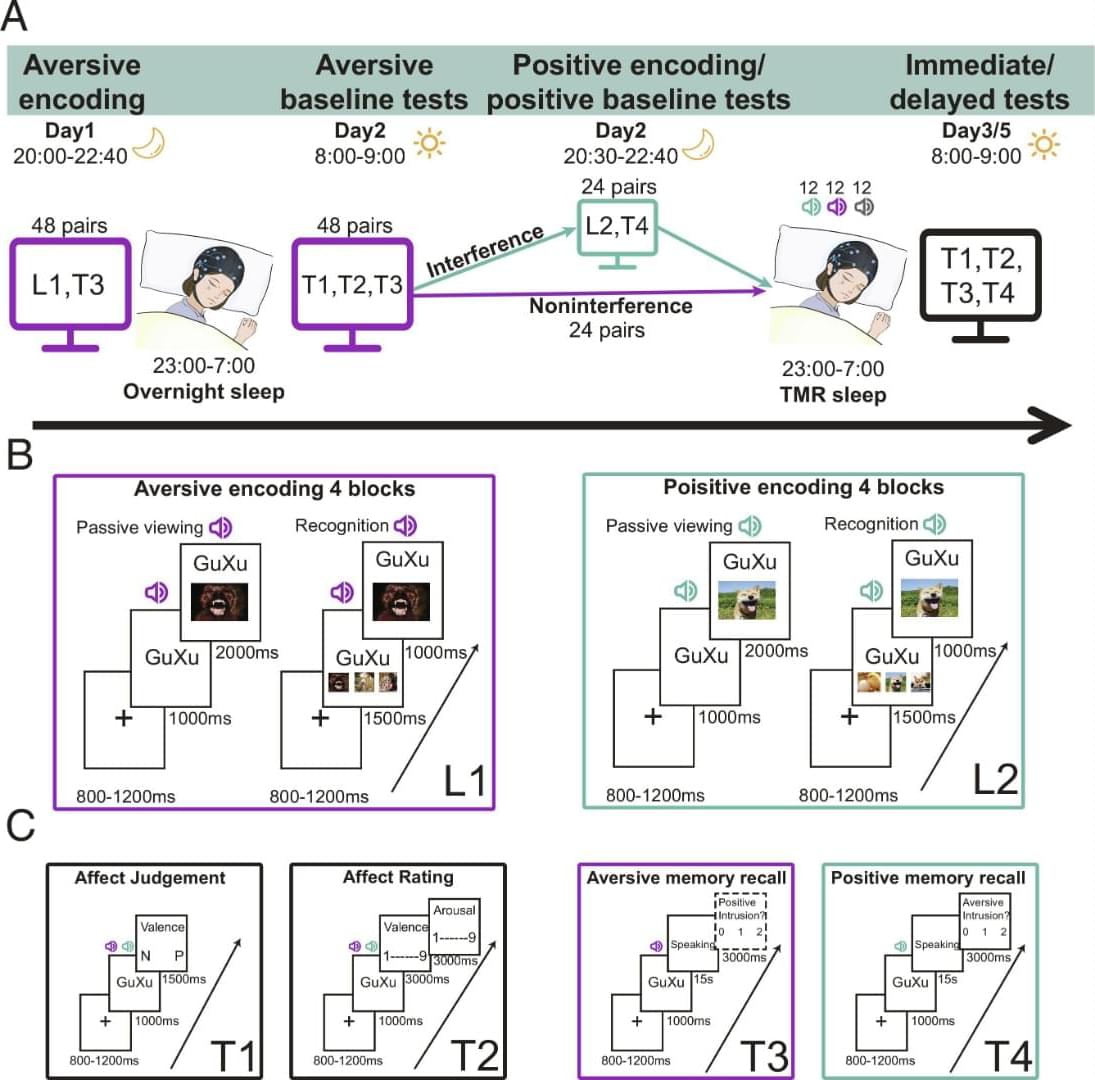SideWinder exploited CVE-2017–0199 to deploy StealerBot malware in South Asian government networks.



Cybersecurity researchers are calling attention to a new Linux cryptojacking campaign that’s targeting publicly accessible Redis servers.
The malicious activity has been codenamed RedisRaider by Datadog Security Labs.
“RedisRaider aggressively scans randomized portions of the IPv4 space and uses legitimate Redis configuration commands to execute malicious cron jobs on vulnerable systems,” security researchers Matt Muir and Frederic Baguelin said.


A critical privilege escalation vulnerability has been discovered in the premium WordPress theme Motors, which allows unauthenticated attackers to hijack administrator accounts and take complete control of websites.
Developed by StylemixThemes, Motors is one of the top-selling automotive themes for the WordPress platform. It is very popular among automotive businesses such as car dealerships, rental services, and used vehicle listing platforms.
It has over 22,300 sales on the Envato market, with hundreds of user reviews and thousands of comments, indicating a highly active community around it.

SK Telecom says that a recently disclosed cybersecurity incident in April, first occurred all the way back in 2022, ultimately exposing the USIM data of 27 million subscribers.
SK Telecom is the largest mobile network operator in South Korea, holding roughly half of the national market.
On April 19, 2025, the company detected malware on its networks and responded by isolating the equipment suspected of being hacked.


While the documents refer to the education company only as “Victim-2” and the U.S. attorney’s office declined to name the victim, a person familiar with the matter told NBC News that it is PowerSchool. The hack of PowerSchool last year is believed to be the largest breach of American children’s sensitive data to date.
According to his plea agreement, Lane admitted obtaining information from a protected computer and aggravated identity theft and agreed not to challenge a prison sentence shorter than nine years and four months. He got access simply by trying an employee’s stolen username and password combination, the complaint says, echoing a private third-party assessment of the incident previously reported by NBC News.

Our behavioral findings indicated that TMR weakened earlier acquired aversive memories while increasing positive memory intrusions in the interference condition. To examine how TMR reactivated aversive and positive memories during NREM sleep, we extracted cue-locked, time-frequency resolved EEG responses in the interference and noninterference conditions, and compared them with the EEG responses elicited by control sounds.
We found that when compared to the control sounds that did not involve any memory pairs before sleep, both interference and noninterference memory cues increased EEG power across the delta, theta, sigma, and beta bands in frontal and central areas (Pclusters < 0.01, corrected for multiple comparisons across time, frequency, and space, Fig. 4 A–D). However, when contrasting interference with noninterference memory cues, we did not identify any significant clusters (Pclusters 0.05). These findings suggested that delta-theta and sigma-beta power increases may indicate memory reactivation during sleep.
We next examined whether cue-elicited theta and beta power were associated with subsequent memory accuracies (i.e., remembered vs. forgotten) for individual positive or aversive stimulus in the interference condition, given the relationship between theta activity and emotional processing (19), and between beta activity and memory interference during sleep (27, 34). Employing BLMM across all channels revealed that the cue-elicited theta power over the right central-parietal region (FC5, C2, C4, CP2, CP4, TP7) was significantly higher for subsequently remembered than for forgotten positive memories (mediandiff = 1.39, 95% HDI [0.32, 2.43], Fig. 4E). For aversive memories, a few channels’ (Fp2, F6, C5) theta power was higher for remembered than for forgotten aversive memories (mediandiff = 1.04, 95% HDI [0.16, 1.86]; Fig. 4F).
Our memories may not be as reliable as we think. Once we experience an event, most of us likely assume that those memories stays intact forever. But there is the potential for memories to be altered or for completely false memories to be planted, according to Elizabeth Loftus, PhD. Loftus, a distinguished professor at the University of California, Irvine, is an expert on human memory and she discusses how our recollections of events and experiences may be subject to manipulation.
The American Psychological Association is the leading scientific and professional organization representing psychology in the United States, with more than 157,000 researchers, educators, clinicians, consultants, and students as its members.
To learn more about APA visit http://www.apa.org.
Follow APA on social media:
https://www.facebook.com/AmericanPsychologicalAssociation/
X/ Formerly Twitter.

The correlated errors in superconducting qubits have been linked to high-energy particle impacts from cosmic rays, but a direct observation has been lacking. Here, the authors measure the quasiparticle bursts and correlated errors and separate the contributions of cosmic-ray muons and γ-rays in a 63-qubit processor.